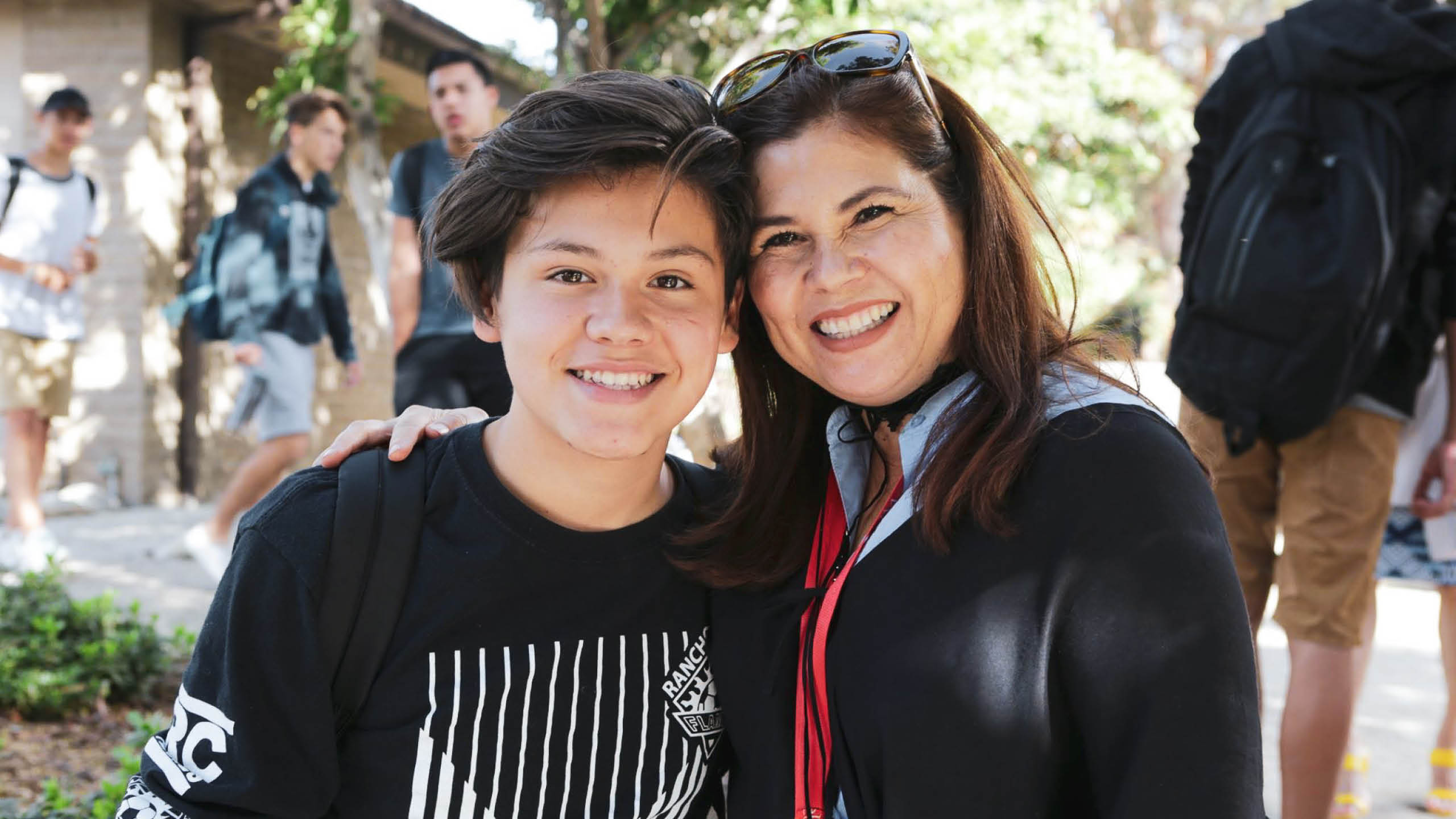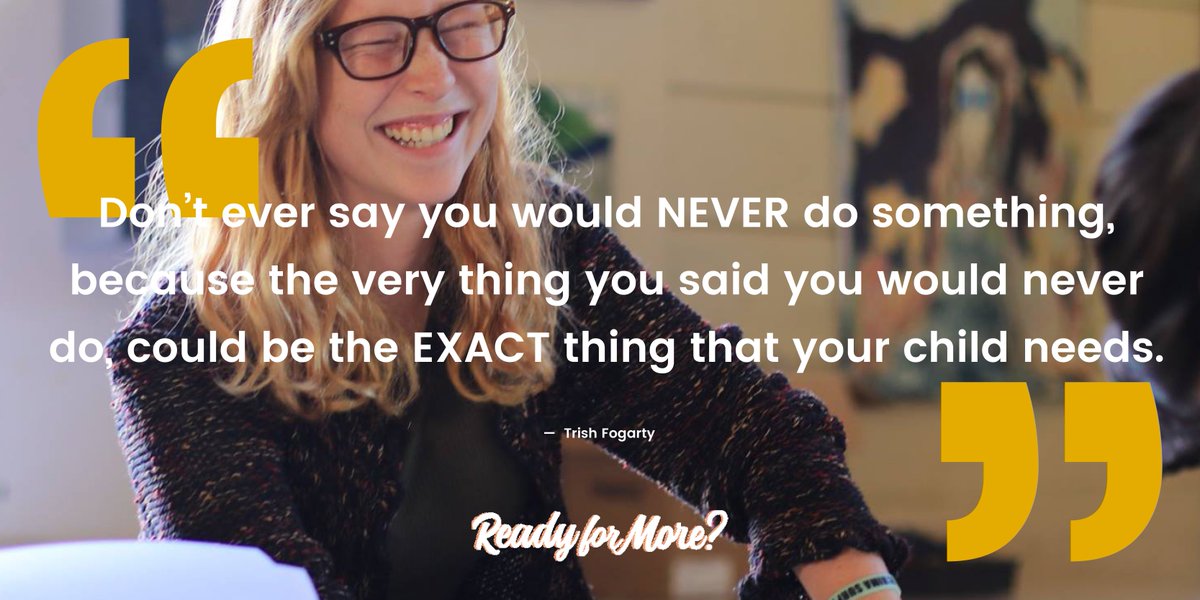The Benefits of Boarding School
It’s no secret that boarding schools offer a unique educational experience. But boarding schools are more than a place to sleep and learn. They’re a place where students can grow and develop their full potential, both in their studies and as individuals. Boarding schools create a 24-hour intentional community that has the student’s growth and development at the center. From the day students arrive on campus, they’re surrounded by people who are passionate about their education and dedicated to helping students reach their potential. This kind of support can make all the difference when it comes to raising well-rounded young adults prepared for success in college and beyond.
Personal Development and Life Skills
One of the most compelling benefits of a boarding school is that it provides a supportive environment for young people to grow. At boarding school, students are surrounded by peers with similar interests and values, and adults who want to see them succeed academically and personally. Boarding school provides, what I like to call, “controlled freedom” which allows students to learn to take on more responsibility for themselves and their decisions. Students get used to making decisions on their own and handling situations independently. Students are taught how to cook, clean their rooms, do their laundry, and study effectively. They also learn to take responsibility for their actions and develop critical life skills such as conflict resolution.
Diverse Experiences
Boarding school is often described as an opportunity to experience different ways of thinking, analyzing, and understanding the world around us. Students at boarding schools have access to diverse experiences that help them develop new interests, ideas, skills, and friendships through regular interaction with peers from different backgrounds who have different values. Students also benefit from having faculty members who understand that not all students learn the same way or at the same pace. This allows teachers to identify unique learning styles within each student so they can provide instruction tailored specifically for each student’s needs or interests.
Uniqueness
While some schools have traditional academic requirements like AP classes and SAT prep, others may offer independent research projects, community service opportunities, or specialized academic focuses such as fine arts, medicine, entrepreneurship, etc. Each school will have its own focus on what’s important for its students—so it’s important to do your research before choosing which one is right for you! (Be on the lookout for our next blog post which will focus on finding the right boarding school for your student).
Activities and Clubs
In addition to graduating with a strong academic foundation, students have the opportunity to take on leadership roles before they graduate from high school. Outside the classroom, there are countless activities and clubs you can join, whether it’s the drama club, a student council committee, swimming, or the soccer team. You will find the perfect fit for your interests and passions at boarding school.
Ready for More?
Boarding school is a great option for students who are looking to develop their independence and life skills. It can be an ideal setting for young people who want more flexibility than what is offered by traditional high schools. Boarding school helps prepare students for future success in college, careers, and beyond.
Michael Shaver, Vice President Market Growth for The Association of Boarding Schools (TABS), has over 20 years of admissions and student advising experience, including Berklee College of Music and NYU Abu Dhabi. In his current role at TABS, Michael helps schools and families find the right match. Before joining TABS, Michael worked at the U.S. embassy in Bangkok, Thailand, where he oversaw EducationUSA advising centers in more than 20 countries. Besides being an expert in admissions, Michael is a boarding school parent as well. His older son went to boarding school and is now a senior in college, and his youngest son is going to a junior boarding school in the U.S. Michael loves to travel for both work and pleasure and has visited over 70 countries and has lived in six countries.
























